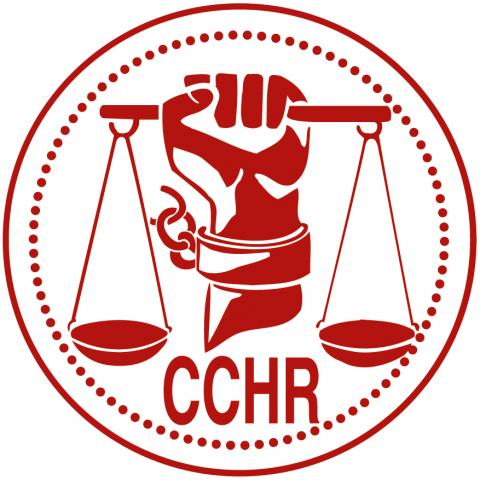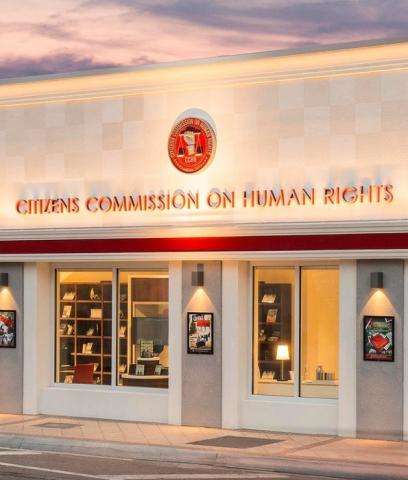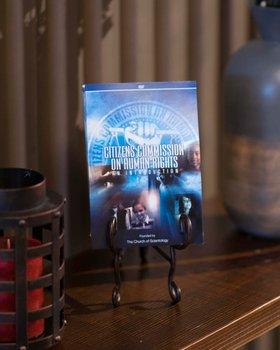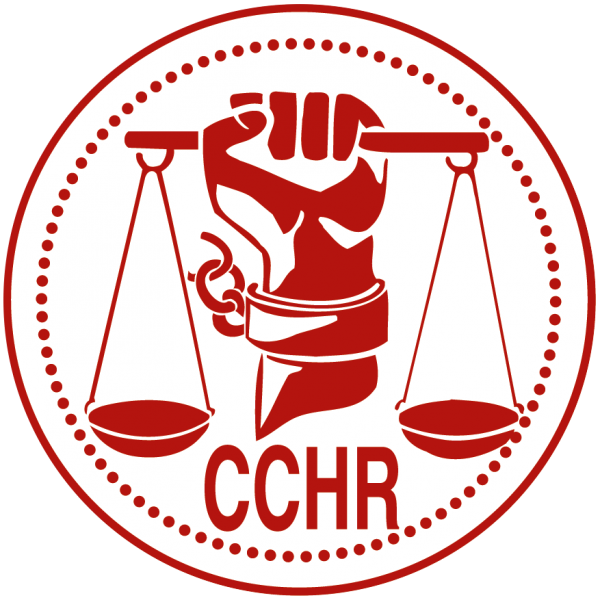Over 7 Percent of the Involuntary Psychiatric Examinations in Florida on those 65 Years of Age or Older
The Citizens Commission on Human Rights is calling upon lawmakers to protect senior citizens from unlawful involuntary psychiatric examination.
The Citizens Commission on Human Rights(CCHR) of Florida, a non-profit mental health watchdog dedicated to exposing human rights violations, is calling upon lawmakers to protect senior citizens from unlawful involuntary psychiatric examination.
The overall mental health law in Florida, commonly referred to as the Baker Act, allows for the legalized involuntary examination of senior citizens. When a Baker Act occurs an elderly person can be sent against their will for an examination and the receiving facility is then legally allowed to hold the senior for up to 72 hours. According to the Annual Report on the Baker Act, released in June of 2018, there were 199,944 involuntary examinations in 2017 — more than doubling from 2001 — with over 7 percent of the initiations on persons 65 years of age or older. [1]
“CCHR is very concerned that the Baker Act is being abused. Seniors, especially those with dementia, are being taken from their homes or care facilities for psychiatric examinations when they don’t actually meet the criteria for a Baker Act in the first place,” said Diane Stein, President of CCHR Florida.
Over 14,000 of Florida’s elderly, including those with dementia, were sent for involuntary psychiatric examinations in 2017, forcing the stress of physical transport to Baker Act facilities on these seniors. It is well documented that transferring an elderly person, and specifically one suffering from dementia, puts them at risk for depression, anxiety, and similar behavior disturbances, which may then result in the senior being treated with unnecessary psychotropic drugs which come with many side effects. [2]
Moreover, senior citizens who find themselves admitted for psychiatric evaluation are sometimes later informed that the criteria for Baker Acting was never met, that there was no evidence of mental illness, and instead it was found by clinical staff the senior simply needed rest, proper nutrition, or an adjustment to baseline medication. [3] [4]
Additionally, polypharmacy, which is the concurrent use of multiple medications, has doubled in the past decade among retirement-age Americans despite warnings from geriatric medical organizations. In fact, the number of office visits resulting in multiple pharmaceutical prescription has risen from 1.5 million in 2004 to 3.68 million in 2013 — more than a 50% increase — with rural areas showing the highest surge. Those diagnosed with dementia are even more susceptible to polypharmacy and specifically psychotropic drugging. According to the Office of the Inspector General, 304,983 elderly nursing home residents in the U.S. were given dangerous and often deadly antipsychotic drugs, 88% of which were prescribed off-label for dementia. [5] [6]
“Many retirement-age Americans are taking at least 3 psychiatric drugs but yet don’t have a mental health diagnosis on record,” said Stein.
For more information on the protection of elder rights under the mental health law, please call 727-442-8820 or visit www.cchrflorida.org.
About CCHR: Initially established by the Church of Scientology and renowned psychiatrist Dr. Thomas Szasz in 1969, CCHR’s mission is to eradicate abuses committed under the guise of mental health and enact patient and consumer protections. L. Ron Hubbard, founder of Scientology, first brought psychiatric imprisonment to wide public notice: “Thousands and thousands are seized without process of law, every week, over the ‘free world’ tortured, castrated, killed. All in the name of ‘mental health,’” he wrote in March 1969. For more information visit www.cchrflorida.org.
Sources:
[2] https://hernandosun.com/Baker_Act_A_Dementia_Dilemma_7_29_16
[4] https://www.crisisprevention.com/Blog/November-2010/A-Real-Issue-for-Many-Individuals-With-Dementia
[5] https://www.nytimes.com/2017/02/13/health/psychiatric-drugs-prescriptions.html?_r=1





